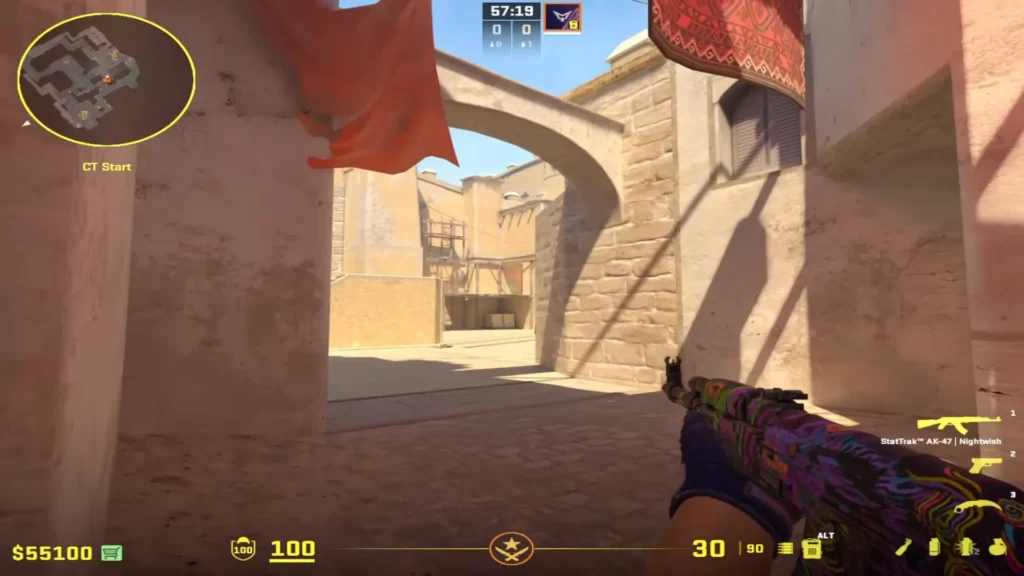Elevating Your Game: The Importance of Team Communication in Virtual Gaming
In the realm of virtual gaming, where players often find themselves immersed in a digital landscape rather than a physical one, the importance of effective team communication cannot be overstated. As virtual gaming continues to evolve, it becomes increasingly clear that success in these digital environments’ hinges not just on individual skill but on the collective synergy of a well-coordinated team. The ability to communicate efficiently and effectively can be the distinguishing factor between victory and defeat in competitive gaming. Communication in virtual gaming encompasses more than just conveying strategies or coordinating movements; it involves creating a shared understanding among team members. In many games, especially those that require cooperative play or strategic planning, each player’s role contributes to a greater whole. Clear communication helps ensure that all team members are on the same page, which can be crucial for executing complex strategies or adapting to changing situations in real-time. When players communicate effectively, they can synchronize their actions, anticipate each other’s moves, and support each other more effectively, leading to a more cohesive and responsive team dynamic.

When facing unexpected challenges or opponents, a team that communicates well can quickly discuss potential solutions and make informed decisions. This ability to rapidly assess a situation and coordinate responses can make the difference between overcoming obstacles and being overwhelmed by them. The speed and clarity of communication can significantly impact how well a team can pivot and adjust its approach to address unforeseen events. In addition to strategic and tactical advantages, effective communication fosters a positive team environment. Gaming, like any team-based activity, can be stressful, and misunderstandings or conflicts can arise. Open and respectful communication helps mitigate these issues by allowing team members to voice their concerns, provide feedback, and resolve conflicts constructively. A positive communication culture not only enhances team cohesion but also contributes to better overall performance and enjoyment of the game.
The tools available for virtual communication have also evolved, offering various platforms and features, such as inferno callouts, that can enhance team interactions. Voice chat, text messaging, and in-game communication tools provide players with multiple avenues to coordinate and strategize. However, the effectiveness of these tools ultimately depends on how well players utilize them. Teams that actively engage in clear and purposeful communication are more likely to leverage these tools effectively, leading to improved coordination and execution. In summary, the role of communication in virtual gaming extends far beyond simple exchanges of information. It is the backbone of effective teamwork, enabling strategic planning, rapid problem-solving, and a positive team environment. As virtual gaming continues to grow in complexity and competitive intensity, the ability to communicate effectively will remain a critical component of success.